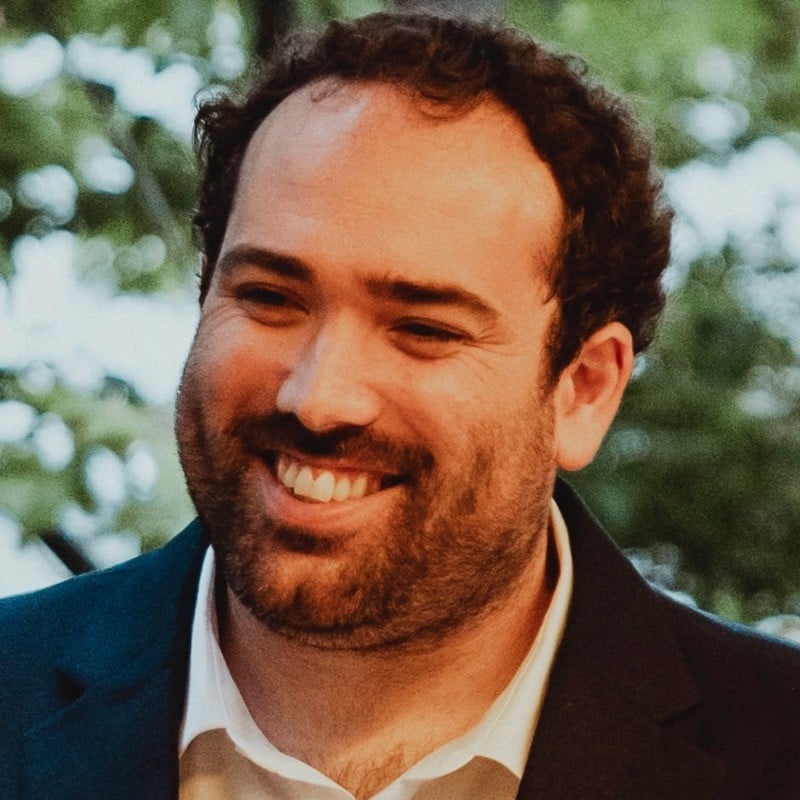
These days, every hotel with “multi-purpose” spaces (a horrible word, let’s be honest) and mixed revenue streams calls itself a hybrid concept. But if that’s all it takes, we’re missing the point.
Hybrid hospitality isn’t just about some of the things we do everyday, such as turning a business center into a cowork, repurposing a disused meeting room into a tattoo shop, or converting a quiet corner of the lobby into a pop-up art gallery. And it’s definitely not just about building operational resilience or giving investors the comfort of diversification through cross-demographic room types. It’s about something much deeper: creating spaces that feel emotionally inclusive and culturally fluid — places where people feel they belong, regardless of how much they paid for their room. The kind of places that quietly dismantle the star-ranking segregation that’s defined hospitality for too long.
At Selina, we talked a lot about the importance of meaningful connections, and you could feel it in the daily interactions — between staff and guests, and among guests themselves. The energy was real, spontaneous, and human. At The Social Hub, probably the best example I’ve seen of a company truly walking the talk when it comes to hybrid hospitality, the values of inclusivity, openness, and community were felt in every corner. It was all about bringing together, under one roof, people from all walks of life — guests, students, entrepreneurs, corporate travelers, artists and locals.
Now at Wotels, I just got back last week from an offsite with our Operations Management team, where one of our Area Managers shared a story about a 70-year-old couple returning for the second time to our surf hostel in Ericeira. And they weren’t there for the surf. They came back due to the sense of community. Because even though the place is full of young solo travelers, they felt like they belong. That’s hybrid hospitality at its best, and we have the pleasure of witnessing moments like this every day in our urban hotels, boutique hotels, and hostels.
Hybrid hospitality should be about inviting people in, not sorting them out. It’s more than a smarter model, it’s a more human one. While the industry chases efficiency, the real opportunity is emotional connection. Because in the end, it’s not about room types or revenue streams — it’s about whether people leave feeling seen, welcomed, and part of something. That’s the kind of hospitality worth building.
Tiago Castro
COO at Wotels
Wotels
Please visit:
Our Sponsor
